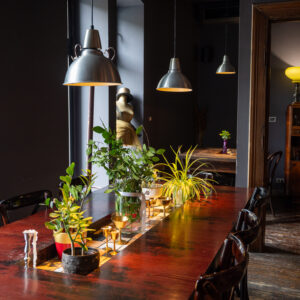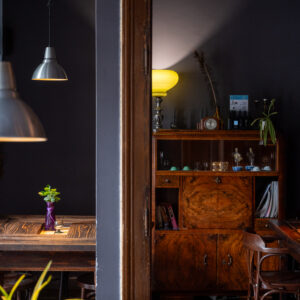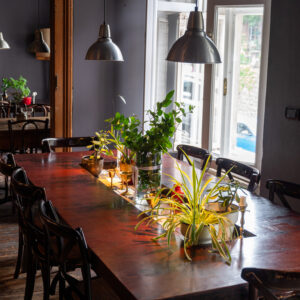No one will wait for you to succeed, you have to „get dirty“
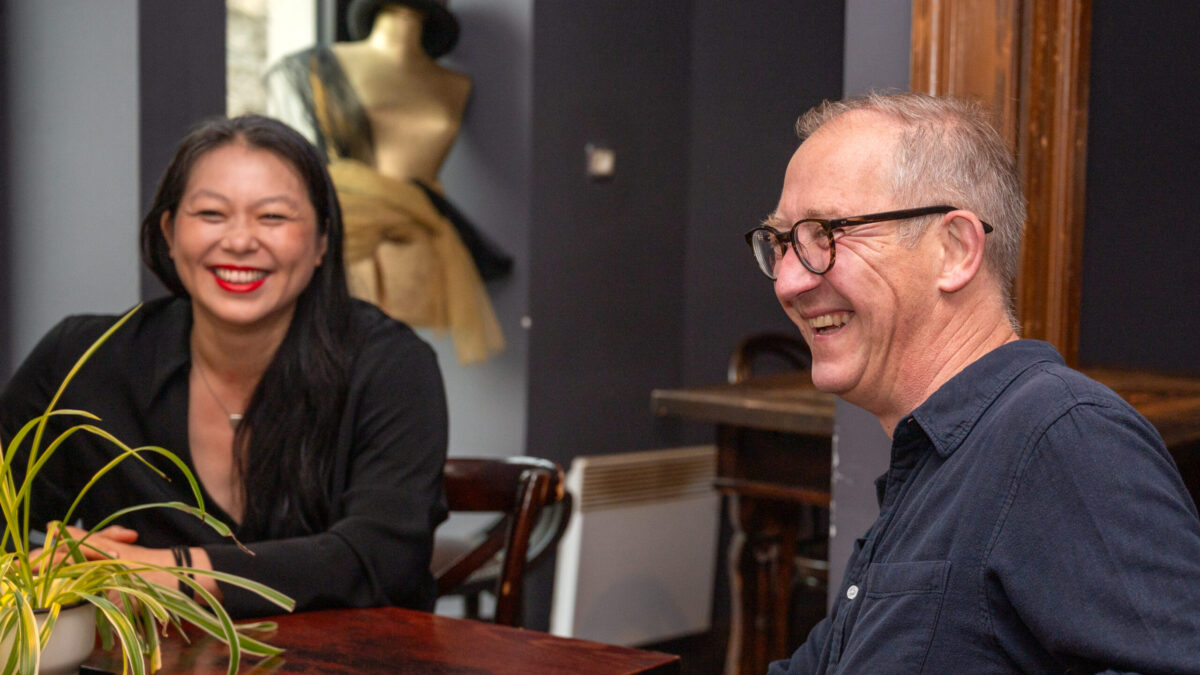 Martin Butler is an award-winning interdisciplinary artist, choreographer, and stage director, while I-Chen Zuffellato is a mother, entrepreneur, artist, performer, curator, and activist intrigued by reimagining collectivity. Between them, there are many awards, recognitions, and international projects that fill the modern-day art world with creativity, new ideas, and diversity. We took our time to sit down with them and discuss their careers, advices for young artists, their involvement in recent projects, and their stay in Belgrade.
Martin Butler is an award-winning interdisciplinary artist, choreographer, and stage director, while I-Chen Zuffellato is a mother, entrepreneur, artist, performer, curator, and activist intrigued by reimagining collectivity. Between them, there are many awards, recognitions, and international projects that fill the modern-day art world with creativity, new ideas, and diversity. We took our time to sit down with them and discuss their careers, advices for young artists, their involvement in recent projects, and their stay in Belgrade.
What was your idea of art at the beginning of your career and what is it today? Has it changed or has it stayed the same through all this time?
Martin Butler:
I think it’s the same for me. I’ve been kind of making art since I was 2 years old (laugh). You play, you create, you’re curious and you’re just forever growing as an artist. I’m very much interested in hybrid performances, where you combine different genres together to create something new. A completely new narrative arises from combining different elements.
I-Chen Zuffellato:
I think I just started doing art because somehow I had to. My mom had a dance school, so it just happened. Before I knew it, I was dancing. Now, I feel the ever-growing importance of art involvement in social and political engagement. I try to bring different points of view and different languages and I try to talk about different thematics through that.
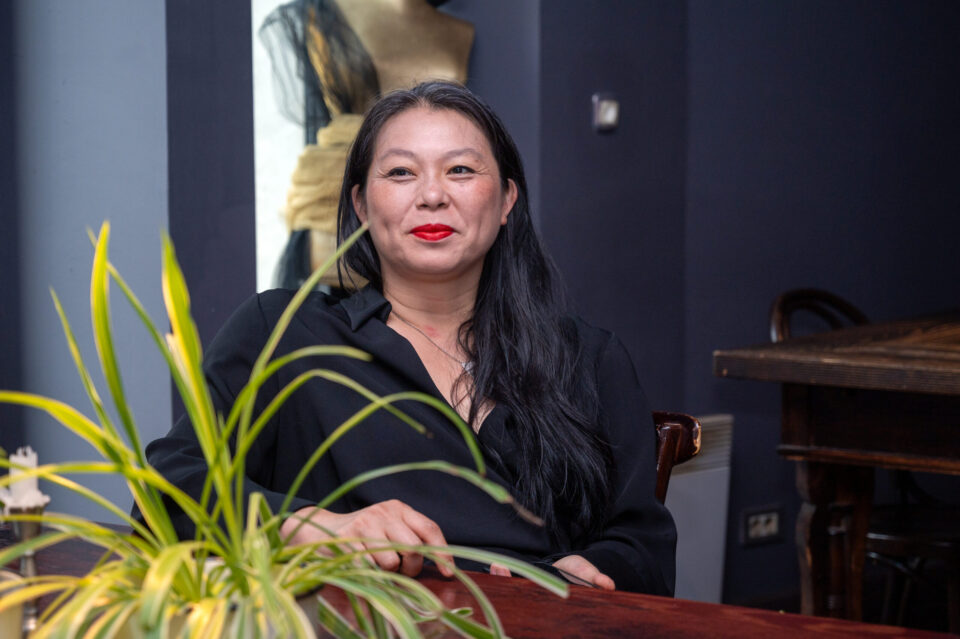 Is modern-day art avoidant of being too political because of potential backlash or is it quite the opposite?
Is modern-day art avoidant of being too political because of potential backlash or is it quite the opposite?
Martin Butler:
I disagree, I think art has been very political in the last couple of years. Whether it’s about human rights, femicide, or equal rights of gender. Maybe not political as in right-wing or left-wing, but on topics such as equality, I think it’s been quite engaging in that sense.
Which award, achievement, or milestone in your career would you pick as your favorite and why?
Martin Butler:
Being able to make new work is what’s most rewarding for me. Past work is from yesterday, making new work is the best that you can get.
I-Chen Zuffellato:
My biggest achievement has been striving to bring contemporary performances to local communities and effectively communicate their significance to them.
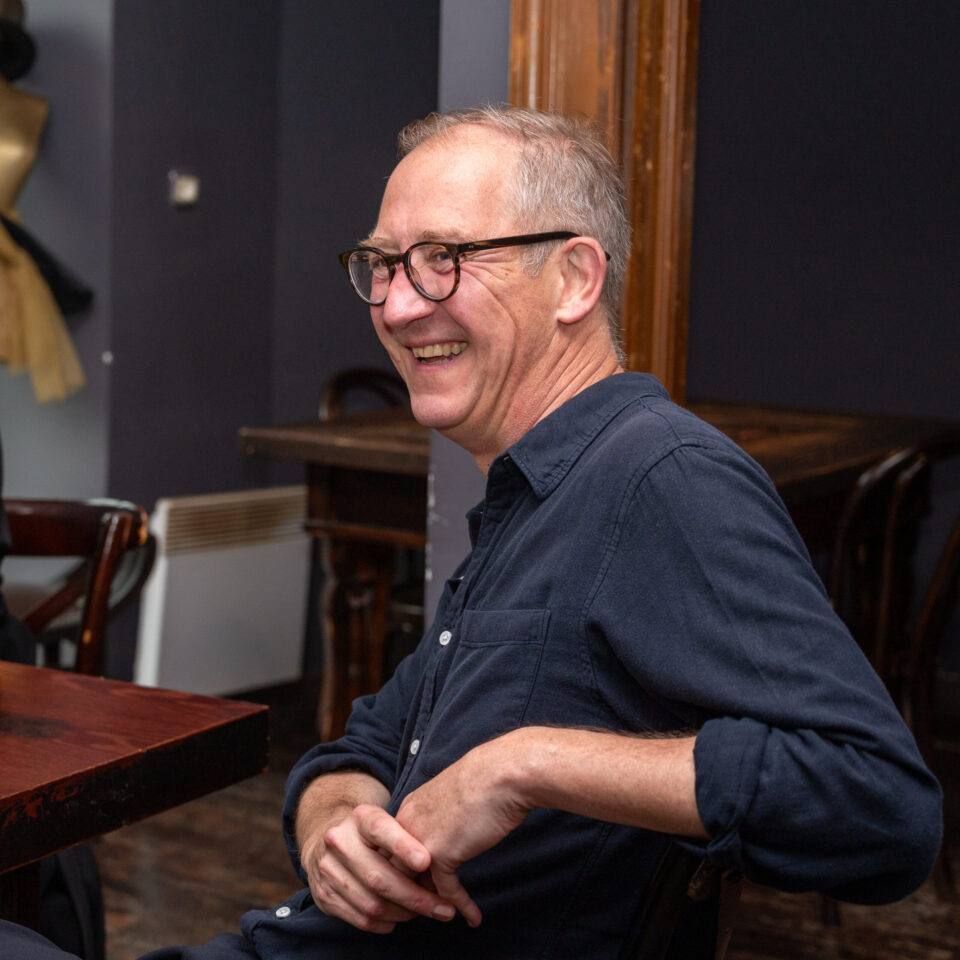 Martin, what separates your approach to theatre-making compared to the rest? What is your signature?
Martin, what separates your approach to theatre-making compared to the rest? What is your signature?
Martin Butler:
Every artist has his signature. My signature is my curiosity and combining different things. Certain things come together and you’re like „I like this!“, „Oh, what’s this?“, „how does this work?“, so it’s almost like cooking, in a way.
The very first rule is that you have to expose your work, feedback helps you develop and grow your unique voice
Now that you’ve mentioned cooking, I would like to ask both of you about your involvement in the project called „This is not a dinner“. Could you explain your role in it and what motivated you to be a part of it?
Martin Butler:
I am happy to see what the „Radost Fina Kuhinja“ restaurant is doing with the idea of opening people up to vegan food and different diets. Their motivation to raise awareness and allow people to explore other options and potentially healthier lifestyles is something that should always be supported.
I-Chen Zuffellato:
I’m always curious to engage in Martin Butler’s projects and it always brings me to some fun places where there are all different kinds of combinations of things. (Laugh) In this case, it was art and food. Every time it’s a different atmosphere. I also came here to see how people from Belgrade would react. It’s different compared to how people would react to it in the Netherlands or Italy, so it’s always a fascinating thing to see.
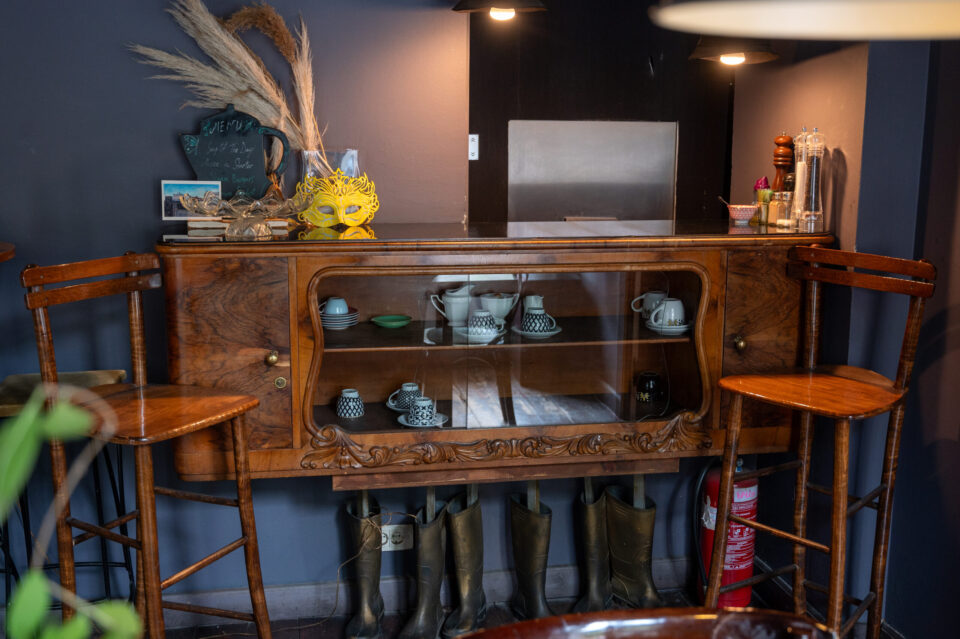
What advice would you give to young artists trying to break the mold and separate themselves from the rest?
Martin Butler:
You have to take it as a job. You have to work at least 9 hours a day. It’s maybe 10% creativity and 90% office work. I think you have to put in the work and build a network. No one is waiting for you, you have to make yourself known, but do it gently, politely, and humbly, and believe in yourself. That’s the only way forward. Entertainment like film, TV, and theater is one of the world’s biggest employers, so from a business perspective, it’s a valid job like any other.
I-Chen Zuffellato:
You have to “get dirty”. You have to get outside, go to the city and between people and just catch things that happen in your life. Don’t isolate yourself. You have to fight for it in the art world and it sometimes becomes a very arrogant statement, it’s difficult to find a balance between standing up for yourself, and still being open, humble, and kind.
Martin Butler:
It’s also just work. You can work in a supermarket, or as a taxi driver, but the principle is the same, you want to be the best. Being self-critical is important, but also being generous with yourself.
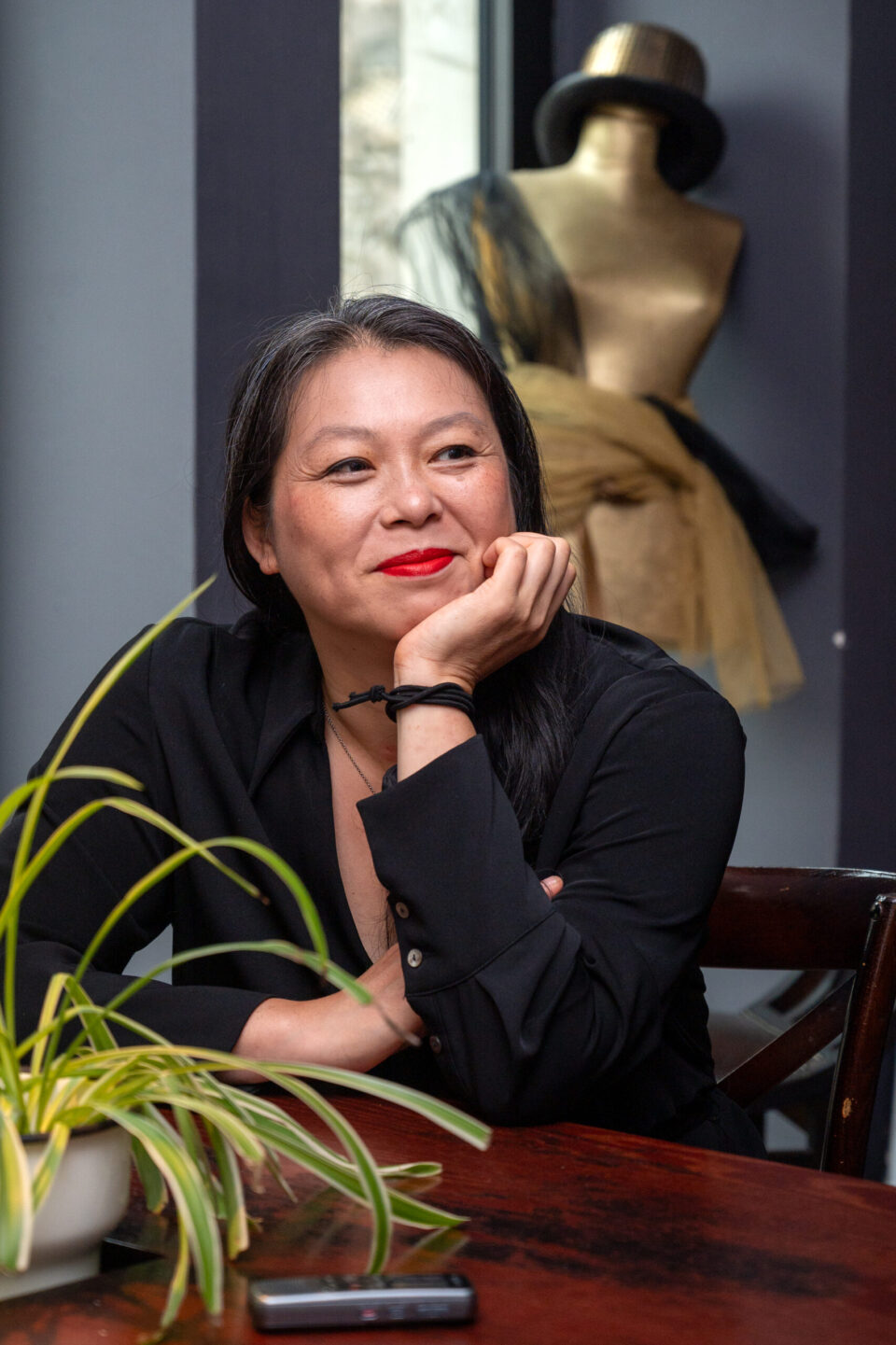 How important is exposure for artists to get their message across to the public?
How important is exposure for artists to get their message across to the public?
Martin Butler:
It’s important to share your work, even if it’s just a sketch or an idea, it’s very useful and good to get feedback from people. I have a niece who’s at film school now and she doesn’t want to share her work. She says “It’s my work and I don’t want to share it”. The very first rule is that you have to expose your work, feedback helps you develop and grow your unique voice.
I-Chen Zuffellato:
I think that art is not separate from the world, it’s something that reflects the world. That lack of interest, trying to avoid politics, it’s something that people started doing around the world in general. Especially after COVID and other hard times when people insisted on not thinking about those things and going on with their lives, which are already difficult as they are. Censorships are also a problem. In Italy, for example, certain themes or artists are not invited if some works are too political, which is also a disappointment for me. There are games of power, nepotism, and patriarchy, which also have their way in art. As an artist, you want to idealize art and say that isn’t involved in such things, but in reality, it is.
It’s difficult to find a balance between standing up for yourself, while still being open, humble, and kind
Martin, could you share with us some information about your most recent project “Uffrur!” that’s based upon the 500th anniversary of the German Peasant War?
Martin Butler:
It’s a really big commission. It’s a national exhibition in southern Germany. I want to create a mobile theater peace that then goes through 17 cities. The Bauernkrieg was very important because it was the first attempt of the people trying to stand up for their rights and against the oppression of the elites. They put forward the manifesto of basic human rights which said that we all must have rights to a home, to food, and things like that. Sadly, they all got killed, but for me, this story is important for reflecting on what basic human rights were 500 years ago and what they are today.
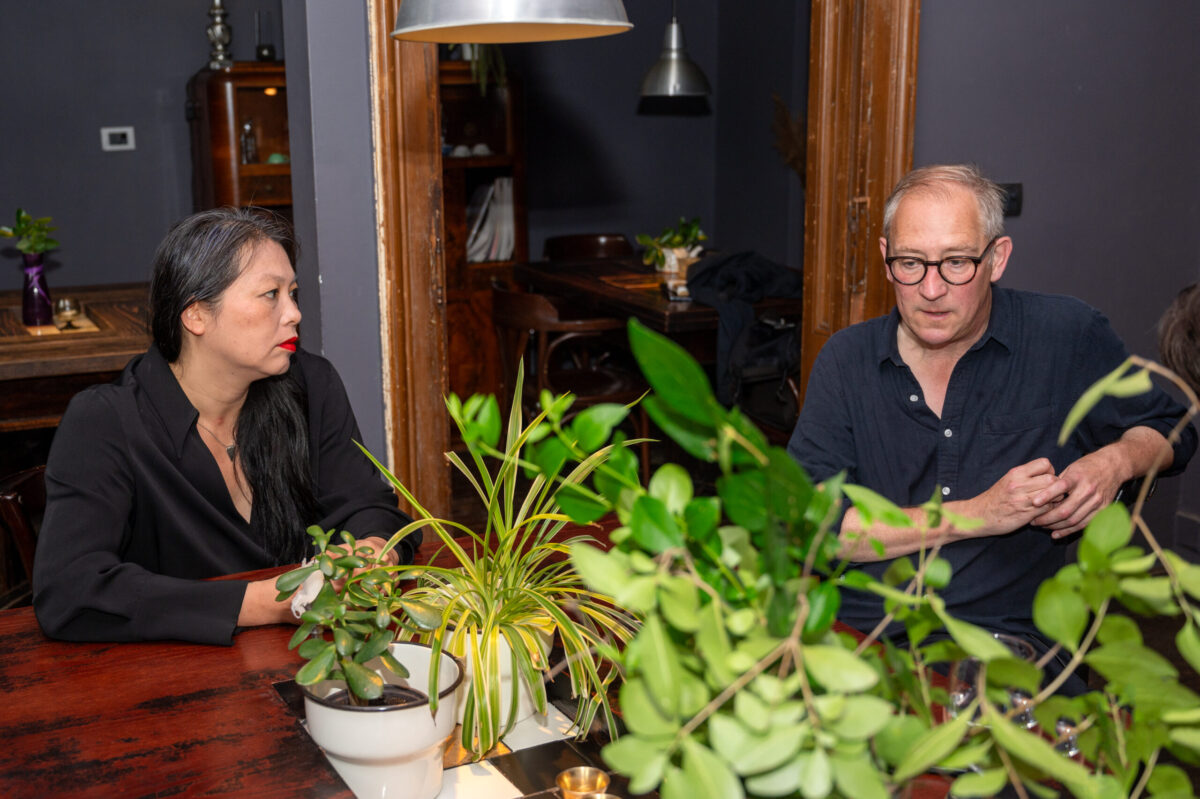 How do you like Belgrade and its people? What would you pick as your favorite thing about it?
How do you like Belgrade and its people? What would you pick as your favorite thing about it?
I-Chen Zuffellato:
I was really surprised with how people here are very welcoming. I went to see New Belgrade and from an architectural point it was very impressive. I had an opportunity to see some local houses and to get the feel of how it is to go a bit further than the city center. It was very local, people were looking at me like „What is she doing here? “(Laugh)
Martin Butler:
The people, the openness, and the friendliness, I had quite the same experience, just a very positive encounter overall.
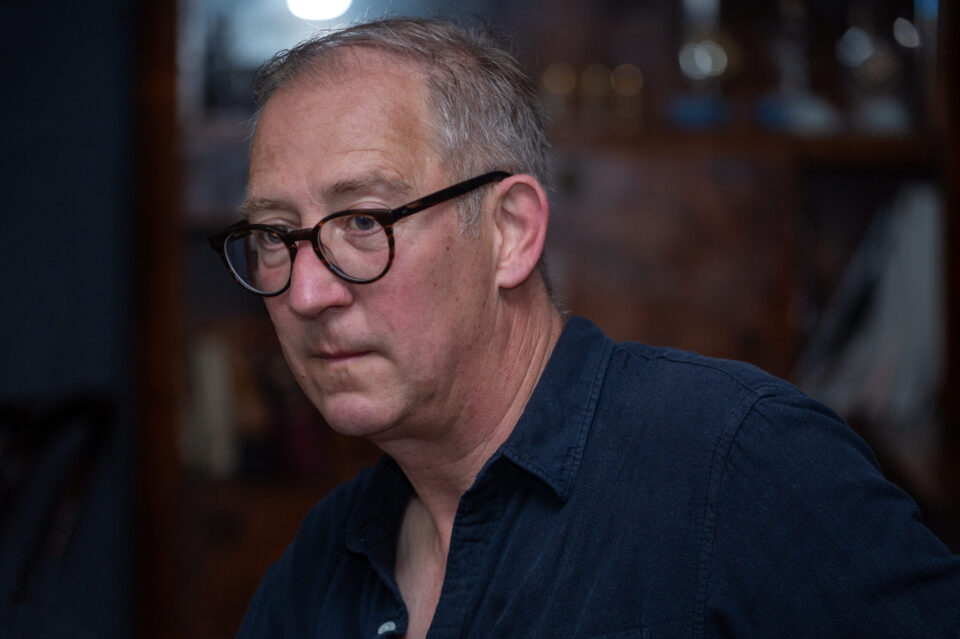 Do we seem like people who know how to enjoy food?
Do we seem like people who know how to enjoy food?
Martin Butler:
Oh yeah, the moment we arrived in Belgrade, it was 11:30, we had, what’s it called? Ćevapi? Immediately, wine came out, cheese came out, and it was amazing.
I-Chen Zuffellato:
I think „abundance „is the word we’re looking for. (Laugh)
Martin Butler:
Big portions, just a big amount of generosity. (Laugh)
